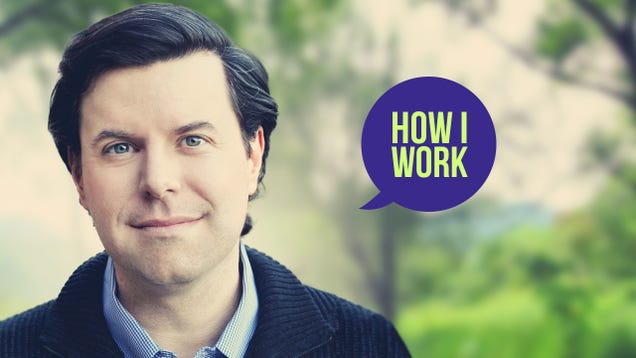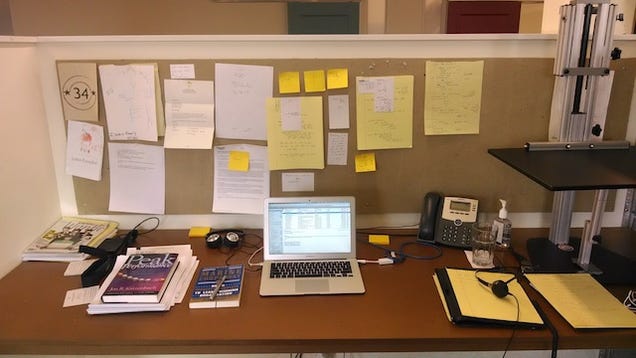Piano Man 是 Billy Joel 的第一首单曲,在推出后的4年间并未受到广泛反响,但伴随Billy Joel的第5张专辑 The Strange热卖,此曲迅速走红并成为他的代表作。全曲以一个酒吧钢琴手的视角展开,记录了酒吧常客的人生众像,从回忆往昔的老人,失意的酒吧侍者到借酒派遣寂寞的生意人,意境丰富引人深思,并且旋律动人。
以下为歌词和一些注释。
It's nine o'clock on a Saturday
The regular crowd shuffles in
There's an old man sitting next to me
Makin' love to his tonic and gin¹ (Make love to tonic and jin 暗喻着享受,放松,tonic and jin 的正式叫法应为 jin and tonic,为了旋律需要,作者调转了顺序 )
He says, "Son, can you play me a memory
I'm not really sure how it goes
But it's sad and it's sweet and I knew it complete
When I wore a younger man's clothes²." (老人让钢琴手弹奏一首记忆的歌曲,他已经忘了大部分歌词,但却记得它激起的情感-当他还是年轻人的时候听到这首歌的感受)
La la la, di da da
La la, di da da da dum
Sing us a song, you're the piano man
Sing us a song tonight
Well, we're all in the mood for a melody
And you've got us feelin' alright
Now John at the bar is a friend of mine
He gets me my drinks for free
And he's quick with a joke or to light up your smoke
But there's someplace that he'd rather be
He says, "Bill, I believe this is killing me."
3(为了躲避唱片公司的纠纷,Billy Joel 化名为Bill Martin在洛杉矶的一家酒吧驻唱)
As the smile ran away from his face
"Well I'm sure that I could be a movie star
If I could get out of this place"
Oh, la la la, di da da
La la, di da da da dum
Now Paul is a real estate novelist
4 (Paul 是一个房地产商,但却想成为小说作者 )
Who never had time for a wife
And he's talkin' with Davy, who's still in the Navy
And probably will be for life
And the waitress is practicing politics
As the businessmen slowly get stoned
5 (生意人已渐渐如醉)
Yes, they're sharing a drink they call loneliness
But it's better than drinkin' alone
Sing us a song you're the piano man
Sing us a song tonight
Well we're all in the mood for a melody
And you got us feeling alright
It's a pretty good crowd for a Saturday
6 (Saturday在演唱会上常被stadium或演唱地地名取代,例如在东京演唱会,此句为It's a pretty good crowd for Tokyo)
And the manager gives me a smile
'Cause he knows that it's me they've been comin' to see
To forget about life for a while
And the piano, it sounds like a carnival
And the microphone smells like a beer
And they sit at the bar and put bread in my jar
And say, "Man, what are you doin' here?"
7(隐含着酒吧常客对Billy Joel的期许和对他现状的惋惜)
Oh, la la la, di da da
La la, di da da da dum
Sing us a song you're the piano man
8Sing us a song tonight
Well we're all in the mood for a melody
And you got us feeling alright (在Billy Joel的演唱会,这一部分常常留给歌迷群唱)
随着年龄增加,Billy Joel 对Piano Man的演绎更加收放自如,出神入化,富有沧桑感的嗓音听起来更有韵味。演唱会的现场版因为歌迷的互动极具感染力。Piano Man好似一瓶经年的老酒,随着岁月的变化更加芳醇和醉人。






